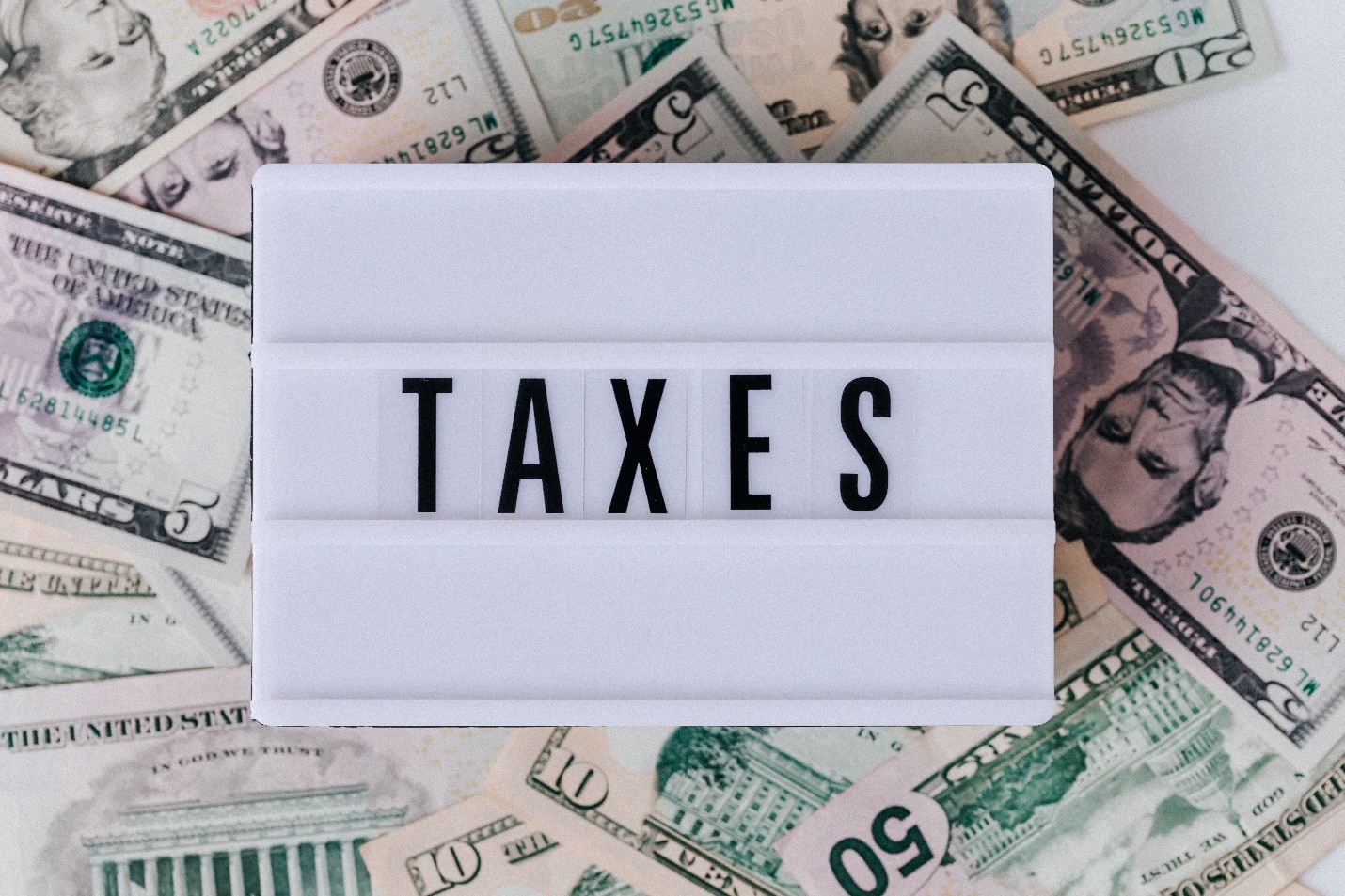Commercial real estate is a lucrative source of earning and one you should be adding to your investment portfolio. However, like most other investments, commercial real estate investments also need you to be fully involved.
Before making decisions about which property to buy or invest in, you should always look at details like taxation and insurance rules that may apply. As a commercial real estate broker, we will always help you know every detail in advance.
Therefore, we have prepared this small guide to give you basic information about commercial real estate taxation.
Types of Taxes That Apply
First off, you need to know what types of taxes may apply to the properties you purchase or invest in. there are four main taxes that you will become acquainted with.
1. Property Tax
County governments levy property taxes on commercial real estate properties in the same way as they do on real estate properties. These taxes need to be paid annually and are usually included in the monthly rent charged to tenants.
This tax is computed based on the assessed value of the commercial real estate property.
2. Federal Income Tax
Federal taxes apply to any income you generate from your commercial real estate property and these apply to your net income (income after tax). However, since federal taxes apply on income, take care to not list your security deposit as income.
It will either return to the tenant when they leave or will be used for repair and maintenance work.
3. State Income Tax
Some states charge state taxes for income from commercial real estate. Since Texas doesn’t charge State income taxes, you will not have to pay state taxes for your commercial real estate.Therefore, take these into account when making your decision.
4. Local Tax
Lastly, on top of the property tax, some US cities or counties also collect tax on net income. These taxes are usually transferred onto the tenant by including the amount in rent charges.
Commercial Real Estate Taxation Assessment
Since the initial property tax is charged on the assessed value of the property, let’s look at where that value comes from. Properties go through several changes over time including, but not limited to the level of maintenance, area development, and depreciation.
Property value assessment involves checking the properties in the county and assigning a property value depending on these factors. Sometimes, counties also raise taxes on properties to fund development projects in the area.
Important Note:
The assessed value may be higher or lower than the appraised value, which is essentially market value.
Conclusion
To sum up, we hope you have learned something new about commercial real estate taxation and are now thinking about investments. If you want to buy, sell, or lease a commercial real estate property, please contact our team. We will help you make an informed choice.






Leave A Comment